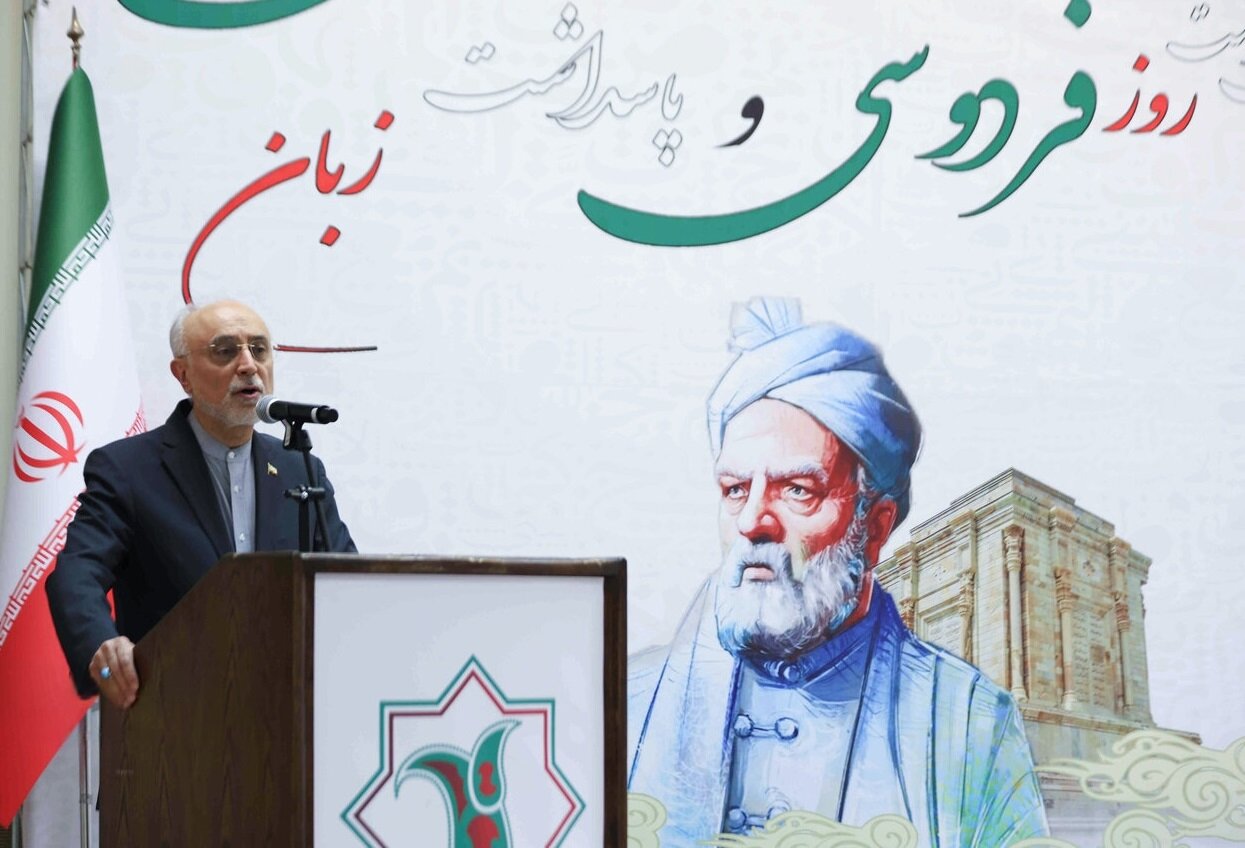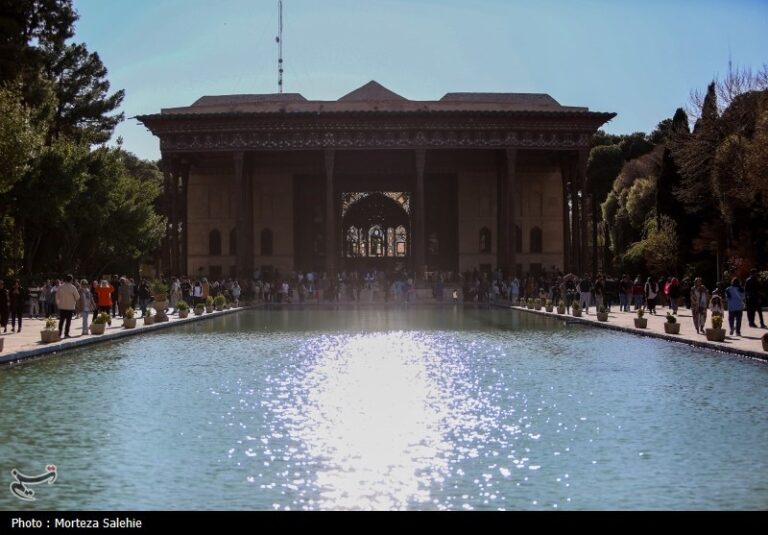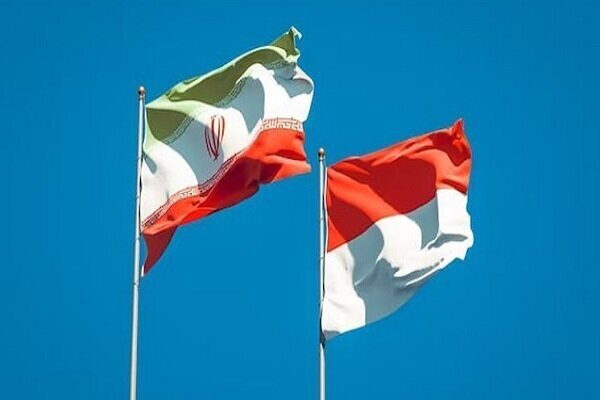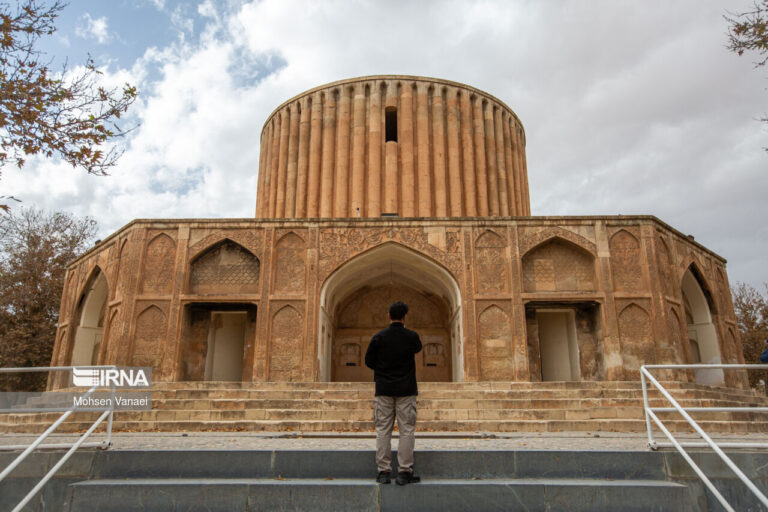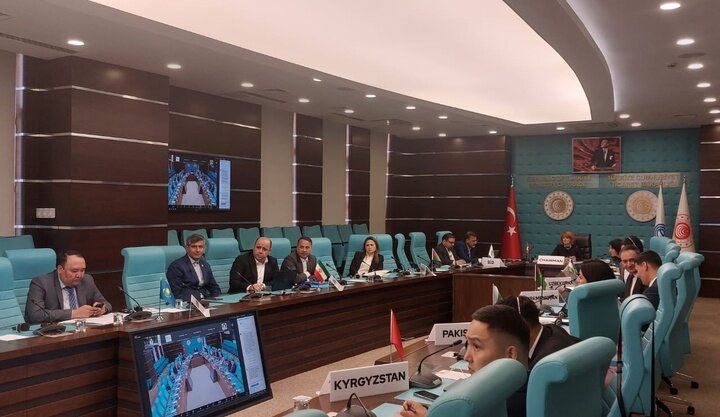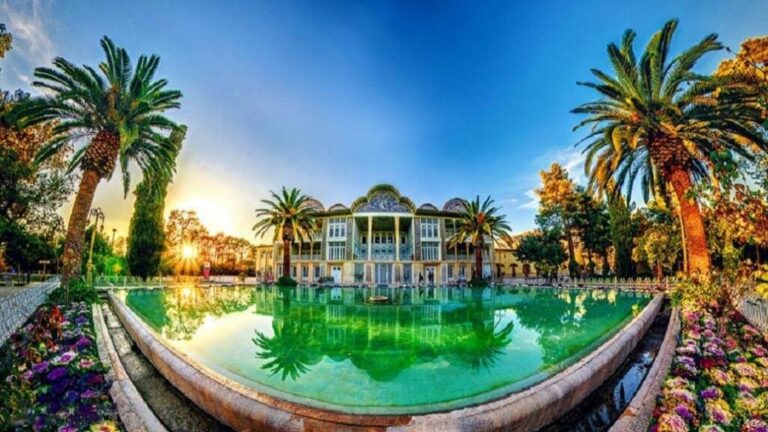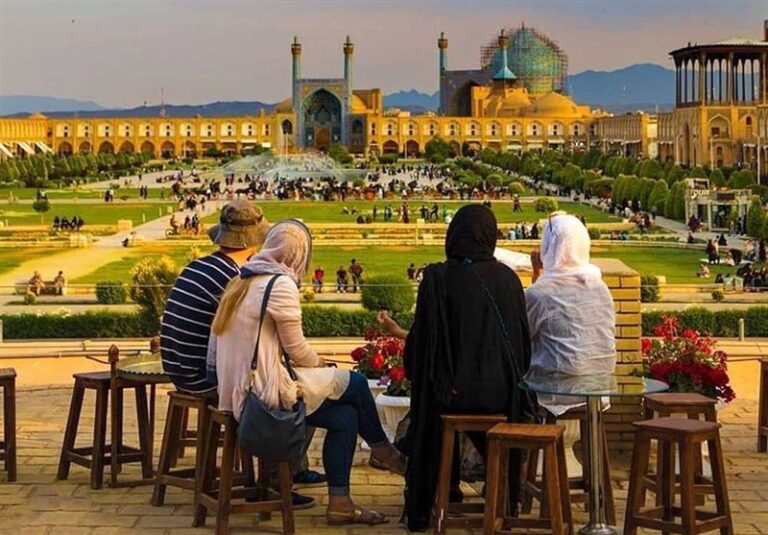Ferdowsi: The Legendary Guardian of the Persian Language
The Iranology Foundation recently celebrated Ferdowsi Day, an event dedicated to honoring the profound impact of Abu’l-Qasem Ferdowsi Tusi on Persian language and literature. This ceremony brought together scholars, cultural experts, and literary enthusiasts to reflect on Ferdowsi’s remarkable legacy, particularly through his seminal work, the Shahnameh, also known as the “Book of Kings.” This epic is crucial for preserving Persian cultural identity during tumultuous historical periods.
The event featured prominent speakers, including:
- Ali Akbar Salehi, President of the Iranology Foundation
- Gholamali Haddad-Adel, President of the Academy of Persian Language and Literature
- Seyyed Mostafa Mohaghegh Damad, faculty member at Shahid Beheshti University
- Mandana Tishehyar, faculty member at Allameh Tabataba’i University
- Nimet Yildirim, Turkish academic specializing in Persian literature
- Vladimir Ivanov, professor from Russia
These distinguished speakers offered insights into Ferdowsi’s lasting impact on epic poetry, philosophy, and Iranian cultural heritage.
In his opening address, Salehi highlighted Ferdowsi’s “unparalleled role” in the preservation and enrichment of Persian identity and literature. He stated, “Ferdowsi is not merely a poet; he is the architect of the Persian language.” Salehi emphasized that during a time of great political and cultural upheaval, Ferdowsi’s Shahnameh not only protected the Persian language from being forgotten but also immortalized Iran’s history and core values in a noble form for future generations.
Salehi elaborated on Ferdowsi’s dedication, noting that he spent three decades crafting the Shahnameh, which revitalized ancient Iranian myths and legends, thereby preserving a cultural identity that might otherwise have faded. He remarked, “Persian is not merely a tool for communication; it is the very foundation of our historical identity and a pillar of national cohesion across centuries.”
Moreover, Salehi acknowledged Ferdowsi’s incredible achievement in uniting a vast cultural landscape under the Persian language. He remarked, “Is it not extraordinary that Ferdowsi, through his poetry, brought regions from India to Transoxiana, from the Caspian Sea to the Persian Gulf, under the unifying umbrella of the Persian tongue?” This linguistic and cultural unity, he noted, has persisted for centuries and remains a source of pride for contemporary Iranians.
Salehi concluded his remarks by stating, “Ferdowsi taught us that language is more than just words – it is the house of our existence. If this house remains strong, so too will our thoughts and identity.” He urged attendees to commit to preserving the Persian language and culture, encouraging them to continue following Ferdowsi’s path toward enlightenment, dignity, and freedom.
Ferdowsi’s monumental contributions to Persian literature and global epic poetry are celebrated each year on Ordibehesht 15 of the Iranian calendar, commemorating the completion of the Shahnameh after 30 years of dedicated effort. This day serves as a reminder of the importance of preserving and promoting Persian culture and language.
As we reflect on Ferdowsi’s legacy, it is crucial to recognize the ongoing relevance of his work in today’s world. The Shahnameh not only serves as a literary masterpiece but also as a cultural touchstone that continues to inspire generations. The teachings and values embedded within Ferdowsi’s poetry resonate with contemporary issues, encouraging individuals to embrace their cultural identities and strive for unity.
The Iranology Foundation’s celebration of Ferdowsi Day exemplifies the commitment of scholars and cultural advocates to keep the spirit of Persian literature alive. Events like these foster a deeper appreciation for the rich history and cultural heritage of Iran, highlighting the need to maintain and promote the Persian language in all its forms.
In conclusion, the legacy of Ferdowsi is a testament to the power of literature in shaping cultural identity. As the Persian language faces challenges in the modern world, it is essential to draw inspiration from Ferdowsi’s dedication to his craft. By honoring his contributions, we can ensure that the Persian language and its literary traditions continue to thrive for future generations.
